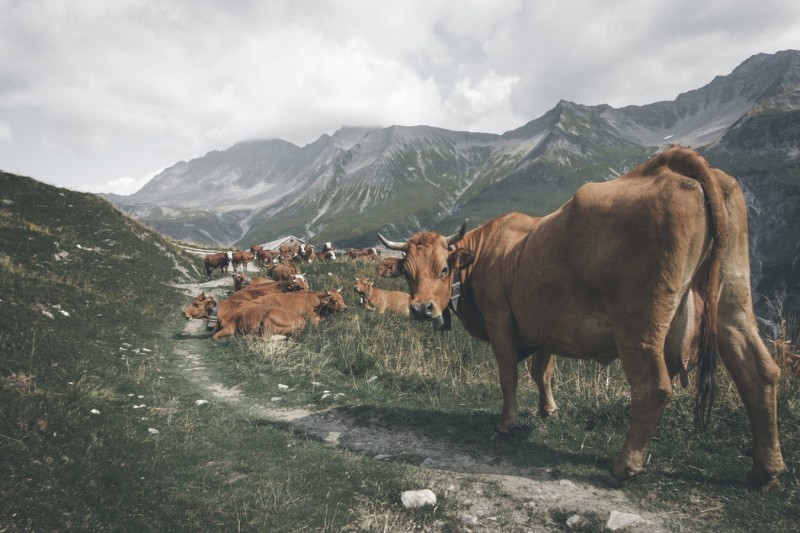
Animal welfare is central to organic farming. Recent decades have seen a major shift in the way animals are farmed for food. Storybook farms have been replaced with battery hens, feed lot cattle, and pigs that are being kept in concrete pens barely big enough to be able to move in. Many of these husbandry practices have bought about major concern in consumers who care about the welfare of animals.
Organic principles and regulations are also designed to ensure that animals are treated humanely. There is a ban on inflicting any avoidable pain or suffering.
Animal Welfare and Organic Standards
Certified organic ensures that any animals involved reared for food have been handled under stringent animal welfare standards and regulations. This may give the consumer affirmation that the welfare of the animal is being addressed in a sustainable and respectable manner with a strict animal welfare code of conduct. The consumer can also be assured that the issues of food safety, integrity, nutrition, sustainability, and environment protection are being addressed.
Certified organic animal farming means:
- No factory farming
- Lots of outdoor space and fresh air for the animal
- Encouragement of normal animal behaviour
- No routine use of drugs and vaccines (unless absolutely necessary)
- No genetically modified (GM) feed or growth hormones
- Minimised stress in transport. The welfare of the animal must be guaranteed and travel times need to be kept as short as possible. During loading and unloading, the use of any electrical stimulation or allopathic tranquilisers is strictly prohibited.
- No factory farming
- Freedom from pain. Organic farming ensures that any suffering is kept to a minimum throughout the life of the animal.
- Slaughter methods are designed to be as quick and painless as possible.
|
Do you have a natural health & wellness business? |









